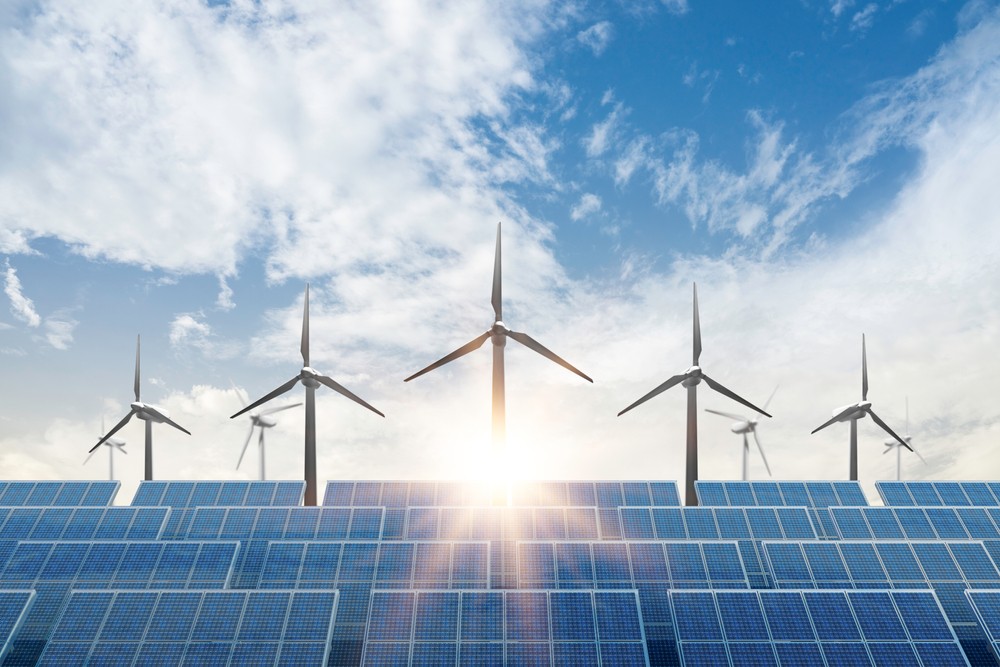OVHcloud has issued its latest report, revealing that more than a third of organisations are now measuring carbon emissions across all three scopes. However, according to the study this figure is only due to rise by 2% in the next five years. Furthermore, not only did 45% of companies list cost as one of their main challenges, but only one in ten had no concerns at all about becoming a greener business.
“Understanding your carbon footprint and greenhouse gas emissions is a crucial step in any organisation’s journey to becoming a more sustainable business,” said Gregory Lebourg, Global Environment Director, OVHcloud. “It’s fantastic that 36% of businesses are measuring in a thorough, well thought-out way, but if only another 2% of businesses start doing this in the next five years, the impact on the environment could be very significant.”
With technology being a major contributor to organisational carbon footprint, the study surveyed 500 IT decision makers in the UK, with a third (31%) admitting that they either weren’t sure or definitely wouldn’t meet their own sustainability targets in the next two years. Combined with the slowdown in measurement, the research indicates the possibility of a ‘green plateau’ as businesses are unable to maintain their sustainability momentum in the coming years.
When quizzed about the focus areas of their sustainability priorities over the next five years, 44% were looking at recycling initiatives, with 41% looking at optimising power usage. Almost a third (29%) were examining the impact of minimising travel and fuel efficiency.
“The silver lining of the fluctuating gas and electricity prices in the last eighteen months is that it’s helped organisations realise that more sustainable power sources, and improving power efficiencies, particularly in technology, is not only an established way of saving money, but also saving the planet,” continued Lebourg. “Given that many organisations are concerned about the price of sustainability initiatives, they should work to reframe these initiatives in terms of their potential for long-term savings. When correctly articulated, sustainability can also be frugality, which helps to build a compelling case for ROI.”
“It was very sobering to hear that one in six technology decision makers already believed that we are looking at a global climate disaster,” concluded Lebourg. “But there’s still time to act. Indeed, a quarter believed that we’re at a crucial inflection point, and almost one in three [28%] thought that we have a bright, clean future ahead of us. We can still make the much-needed change, but it’s absolutely vital that we come together as an industry if we’re to be able to answer today’s technology needs without compromising the world of tomorrow.”




